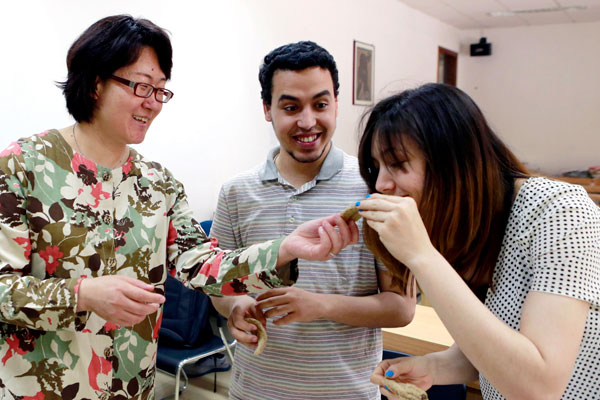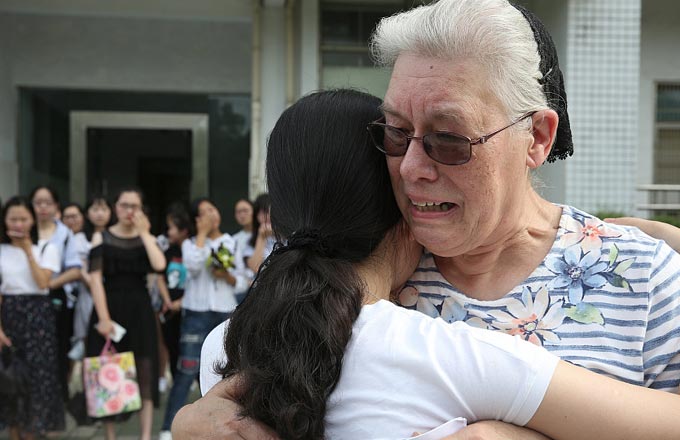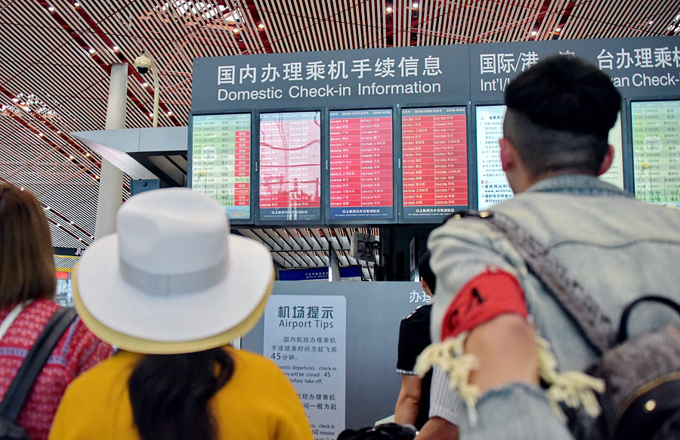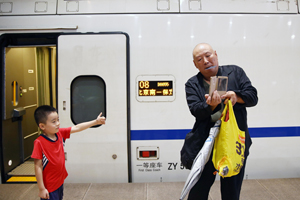Exchanges are the remedy for promoting TCM
|
 |
|
Jia Dexian (left), deputy dean of the International School of Beijing University of Chinese Medicine, teaches students how to distinguish herbs. Feng Yongbin / China Daily |
Closer international cooperation is needed in the teaching of traditional Chinese medicine, according to industry analysts and insiders.
There is growing global demand for the treatments, and Canada is one of the countries set to hold national examinations for TCM students.
To practice acupuncture, hopefuls will have to pass the national exam and obtain a certificate from a specialist college in the province where they will work, said Du Huanbin, president of the Calgary College of TCM and Acupuncture in Canada.
"The upcoming national exam will better regulate TCM courses in Canada, and it also shows the country's government has realized TCM is a booming market," he said.
At present, only British Columbia, Ontario and Alberta have regulations covering TCM and acupuncture, he added.
Du, who is also a council member of the college and Association of Acupuncturists of Alberta, has 25 years' teaching and clinical TCM experience in Canada, China and Australia.
"There is a growing interest in natural medicine," he said. "In Canada, many people are dissatisfied with the healthcare system, with its long waiting lists and crowded environment."
In British Columbia, for example, acupuncture has been partly integrated into the healthcare system.
TCM is practiced in more than 160 countries and regions but in many places the teaching of TCM and acupuncture faces challenges.
"For instance, culture and language differences can impede the passing of knowledge," Du said.
There is also a lack of proper textbooks, he said.


















